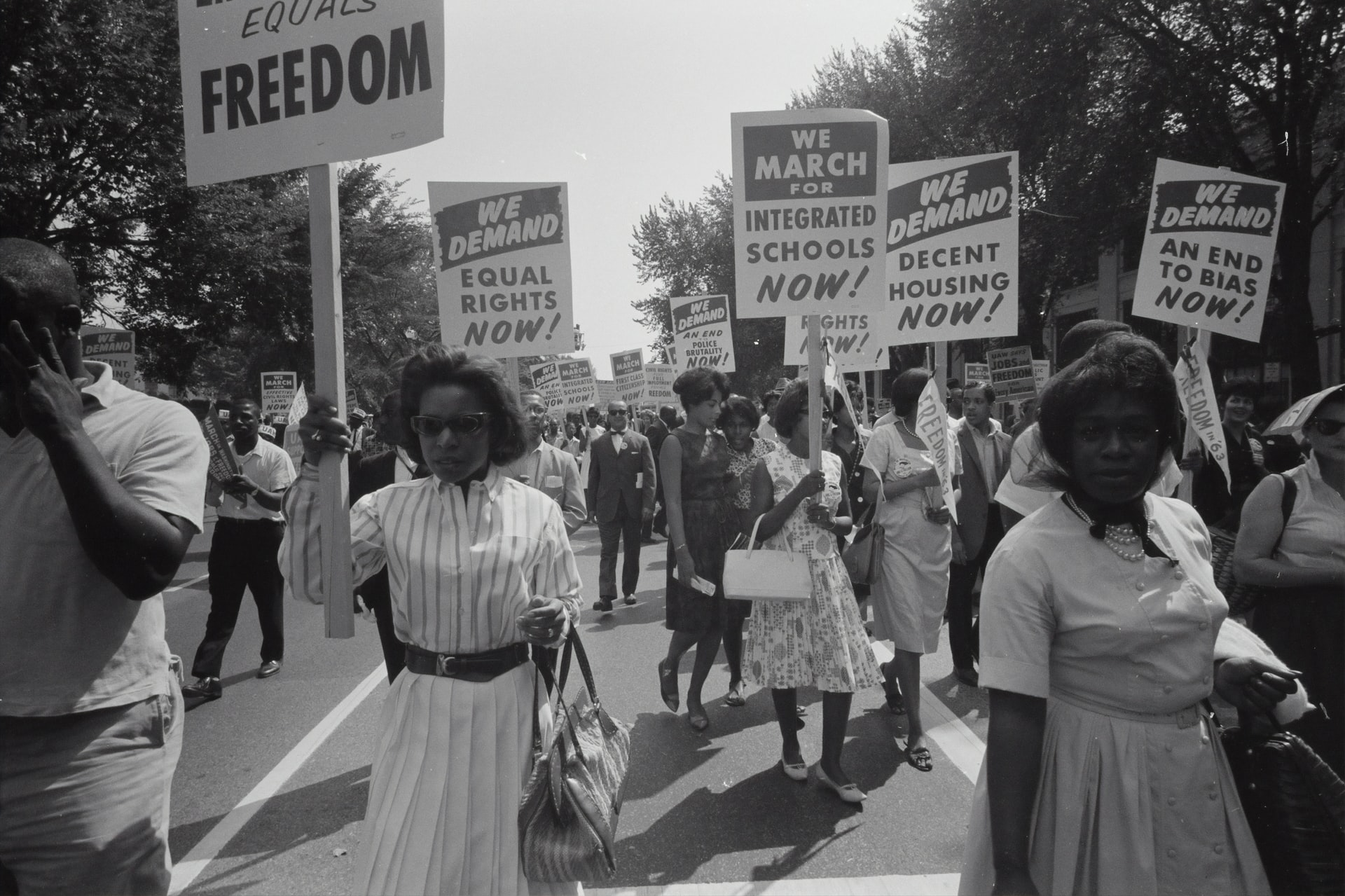The civil rights organisation #StopHateForProfit have called for a boycott of advertiser spend on Facebook in July. Being at the top of the tree means there is only one way to go. Could the Facebook boycott be the toppling point?
It’s one of the many waves of social change we will see occurring in the wake of the COVID-19 pandemic. Consensus has been formed around an understanding that Facebook’s laissez-faire approach to content moderation is ‘promoting hate, bigotry, racism, antisemitism and violence.’
High-spending players like Coca-Cola, Starbucks, Diageo, Unilever, Ford, Adidas, HP and Verizon have pledged to pull spend from Facebook in response to concerns about racism and hateful content on the world’s biggest social media platform.
The campaign has been gathering steam since May, boosted by the resurgence of the Black Lives Matter movement. Fears of misinformation and fake news influencing November’s US presidential election mean the issue could stay in the headlines for months.
In recent days, leadership responses and minor platform tweaks from Facebook deemed ‘too little too late’ have, if anything, intensified the campaign’s feeling of urgency.
Facebook has traditionally used its size and swagger to ride out external pressures. Ultimately, Facebook is only answerable to Mark Zuckerberg. But with Friday’s 8% drop in FB’s share price – leaving Zuck an estimated $6bn out of pocket – the message could get through.
What this means for you
We need to be real here.
Facebook isn’t just another web platform that hosts some ads. It’s vital infrastructure.
Hundreds of thousands of SMEs absolutely rely on its enormous, accessible, highly-targeted audience to drive essential customers to their business. Many don’t have the luxury to even think about taking part in a boycott.
And that’s OK.
But the challenge to Facebook’s stance on social issues is one which has been a problem for some time, and it’s not going away. That means: the widely-held impression is sticking and the brand is becoming increasingly tainted. Wiping the slate clean is going to take a lot of time and serious, authentic action on the part of FB.
Until that happens there is a real risk of that taint spreading to brands who are seen to continue supporting Facebook with ad revenue.
There’s no easy way of squaring that circle. But there are some simple ideas you can keep in mind to help you decide on the best approach for your brand and your business:
Do you need to review your marketing approach and ensure it aligns with your brand values?
This is something everyone needs to do periodically. Drifting imperceptibly away from your core principles is inevitable for flexible, experimental businesses who try new things.
And taking stock of where you are one of the easiest things to put off – because it never seems urgent.
Right now? Maybe this is one of the rare occasions where it’s urgent.
Always remember your authenticity.
Doing what is right for your brand is essential, but it is worse to fall foul of virtue signalling than taking some time to decide on a coherent organisational position.
Although it might look like it, this is not just a decision that the marketing team should make in isolation. It needs to align with your wider business practices and approach. Material change is a harder route to take but it’s worth it. Short lived performative action will be spotted by your audience and called out, and may not be forgiven.
So you may want to pause your Facebook spend immediately so as not to run foul of the boycott now. Or you might want to carry on with business as usual for the few days it should take to reach a firm decision that speaks to who you are.
If you decide it’s right for you, you can always choose to join the boycott at a later date.
Communication as core principle
We know and respect our clients enough to hold those difficult conversations. And we know which of their brands are at risk of negative association with Facebook, and those for whom it won’t matter.
Most importantly, we know how to ensure their brand safety by making the best decisions on their behalf.
The boycott presents a challenge from numerous directions. But in keeping with our brand values, we are bound to reframe those challenges as opportunities.
So how do we use this moment to rethink and emerge as different, stronger organisations?
What you should do next
Refer to our points above – this needs to be something you take a positive decision about in line with your values.
But here are your options…
- • The simplest option? Pause Facebook activity for July. Hold that spend and reallocate to August onward, or re-plan and shift that budget to other channels.
- • Remain live across Facebook platforms. Plan for potential negative sentiment and weigh up the risks.
Be ready to share and defend your organisational approach. Document decision and if you believe you made the right decision, be prepared to defend it. If you don’t feel Facebook’s values fit your own, but you can’t afford to pause your ad spend – are there offset activities you can do?
If you rely on Facebook for vital custom, remember it’s OK to not let your business go under – but be honest about it.
…and here’s what else you might want to consider:
- • Can budget be allocated to other channels to maintain your required volume and minimise impact?
Those experiments with new channels want to do but never get round to – has the time come at last? - • Should you continue to track and capture user data via tracking pixels throughout the month of July?
- • What does a boycott beyond July look like for you? What would the long term implications be for you? Prepare for this too, because like the pandemic, there is every possibility that this issue is not going away any time soon.
The big picture – and the road ahead
Will this mark a lasting turning point for Facebook? Being the big beast in the jungle means everyone is hunting for your position. And nothing lasts forever.
Recently the wider social media ecosystem has seen new platforms make great inroads into mass popularity since the start of the pandemic.
Think about how quickly TikTok went from ‘lip-sync videos for kids’ to ‘living room dance videos for families’. The shift in tone, and the exposure to a new (older, wealthier) demographic has been dramatic.
Maybe by the end of July this will just be another footnote in the long, strange story of 2020.
Enjoy the fact that this time at least the best decision is entirely yours to make. For once, the power to do something different is in your hands.
Maybe it’s time to seize it.
To talk to us about making that happen, just get in touch.




